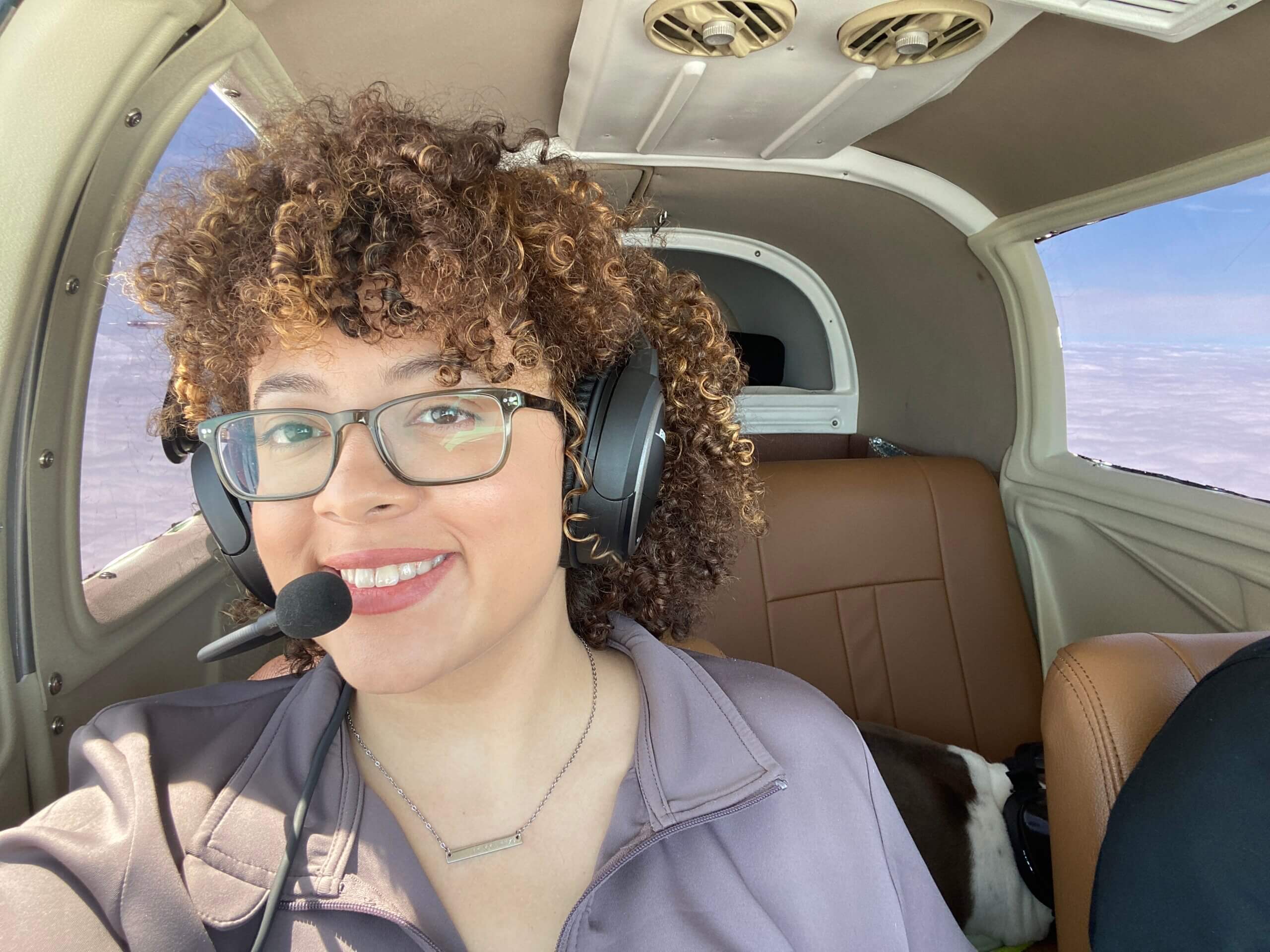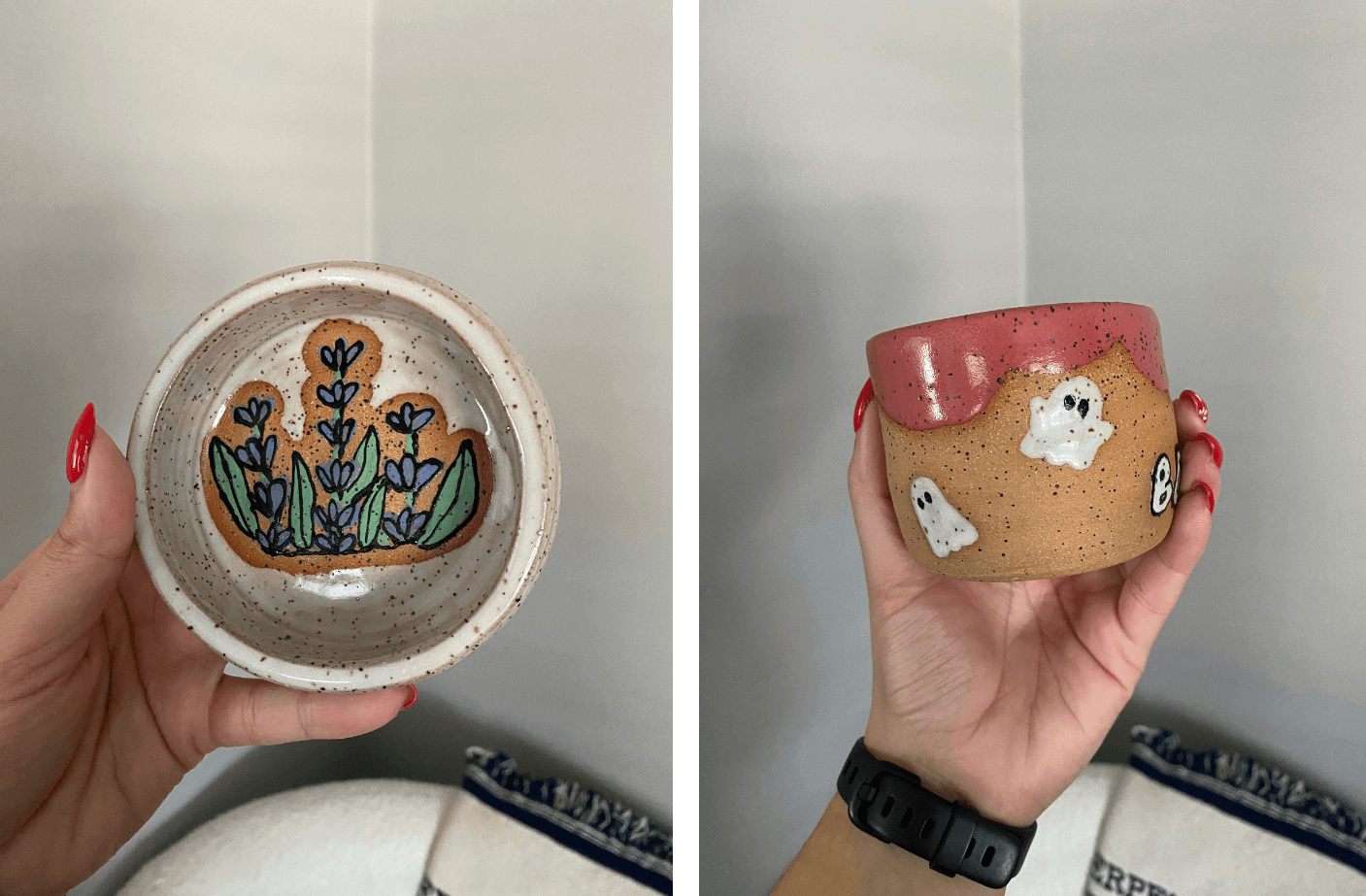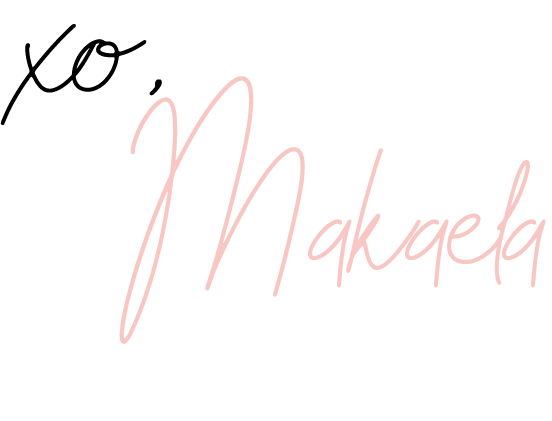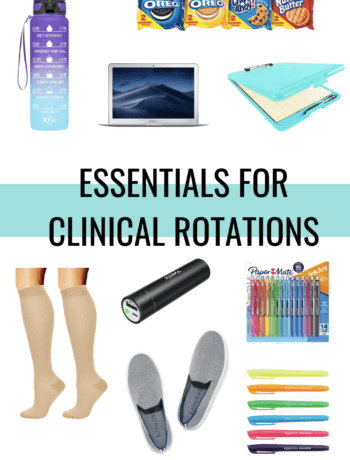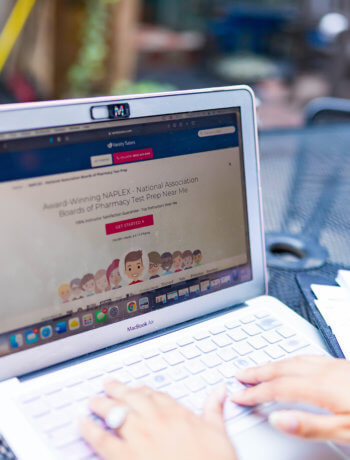Graduating from pharmacy school is a huge accomplishment, and it’s one that you’ll want to relish in. After graduation, it’s very common for new pharmacists (I’m guilty of this too!) to celebrate for a day or two before jumping right into studying for our licensure exams and starting our careers. Just like any other field, landing your first job out of college can be tough, mentally exhausting, and just a tad bit humbling.
It can take new grads 3 to 6 months before landing their first job, so don’t feel bad if you don’t have a job lined up before you walk across the stage. Instead of rushing to the real world and adult-sized responsibilities, you can use the time after graduation to enjoy life and your freedom.
12 Ways to Productively Use Your Time After Graduation
1. Travel
Everyone always says that the best time to travel is during college or directly afterwards because your time and freedom is unlimited and unburden with adult responsibilities. While many college students are strapped for cash, don’t let that stop you from living out your Pinterest-inspired travel dreams. You can always go backpacking across Europe or hop into the car for an extended road trip around the states.
In case you need some travel inspiration, here are a few travel guides that I’ve put together over the years:
- Miami, Florida Travel Guide
- Johannesburg, South Africa Travel Guide
- Richmond, Virginia Travel Guide
- Wilmington, North Carolina Travel Guide
- Asheville, North Carolina Travel Guide
2. Start therapy
If you are ready to change your life and grow as a person, then therapy is a perfect way to utilize your time after graduation. Many students find it hard to handle the harsh reality of losing a part of their identity as a college student. Add in not having a job that you love immediately after graduation can add an extra layer of difficulty. This can cause recent graduates to slide into a season of depression and anxiety that isn’t talked about enough.
The great part though is that this generation have turned therapy into a normal dinner table conversation, and therapy is less taboo than it used to be. I hope that you remember that this period is just another season of your life and it too shall pass.
3. Pick up a new hobby
Remember all of the time that you spent in college saying that you wished you had MORE time to learn a new skill or read more books? Well this gap period before you start your first job is the perfect time to start learning a new hobby or skill. There are endless number of options to choose from such as learning a new language or instrument. If you like learning things by video, then you’ll love the classes on Skillshare. The classes are quick to the point and are easy to follow along.
This past winter, I started taking pottery classes at a local studio, and it’s been really fun to utilize my brain in a different way than I’m used to. I will say that pottery is quite humbling, but I love the endless possibilities of learning and creating.
Some of my recent pieces that I’m obsessed with…
4. Spend time with family
Between school, work, and a social life, it is easy to let time pass you by and forget to spend quality time with your family outside of holidays. During this awkward time after graduation, take a road trip to visit your family members that may not live close to you or your immediate family. It doesn’t have to be a big deal or an elaborate trip. Enjoy the company and the peace while you wait for job offers to come rolling in.
5. Learn how to manage your time
One thing that I’ve learned this past year is that time management isn’t about long to-do lists, taking no breaks, or pushing yourself to the max on a daily basis. Time management is more about learning how to prioritize your time to fit the goals that you have for yourself, and it’s an important skill to have in adulthood. Once you start your first job after graduation, time just seems to go by in a blink of an eye, and it can be hard to continue to find time to do the things that you enjoy.
Using a paper or digital planner has really helped me schedule out my days to make sure I accomplish everything that I want to that day, week, or month. Another great tip is to time how long it takes you to do certain tasks so that way you have a better idea of how much time you’ll actually need the next time around. If you need more help with learning how to improve your time management skills, then read this guide that I wrote outline all of my tips and tricks around time management.
6. Start a fitness routine
Fitness always takes a back burner when people get stressed out, but life doesn’t get any less stressed once you start your first job. Start a new habit after graduation and get serious about exercising, eating healthier, and loving yourself thoroughly. You’ll not only feel better but you’ll also feel more confident. Once you’re able to create a new habit of working out, it starts to feel less like a chore and more of a safe place to release all of that negative energy from the day. As a healthcare professional, it is super important to find a healthy outlet that you enjoy. Trust me, it’s a lot harder to take care of your patients if you’re not also taking care of yourself at home.
7. Update your LinkedIn profile
Before you head off and start applying for every job you see online, you’ll want to take a step back and update your LinkedIn profile. The biggest mistake that people make when it comes to LinkedIn is simply not using it to its fullest potential. As the biggest professional networking platform, it’s an amazing tool to grow your network and connect with future employers outside of a job application.
Some things that your profile should have are: a clear image of yourself, a well thought out bio, and your employment history. A full LinkedIn guide is on the way, but for right now, this will give you a few ideas to get started with.
8. Apply for jobs
Obviously the most common thing that people do once they graduate from college is start applying for jobs. But the key isn’t to just apply for any and every job that you see with the same basic resume. Before hitting submit on a job application, you should be tailoring and personalizing each resume to fit the description of the job posting. This is the easiest way to get past the computer system outside of directly messaging the hiring manager for the company (which by the way you totally should do!).
9. Invest in your passions
It’s easy to get overwhelmed in college and forget to actually enjoy life. Use the time after graduation to invest in your passions, whatever they may be. and truly put your heart into it. Have fun and be willing to try something new. I started this blog that you are currently reading while I was in pharmacy school. And while it was (still is!) a ton of work, I love being able to write new content and interact with every single reader. If you have no idea what you’re passionate about, don’t be afraid to try out new things and just see how things go. You might very well land on something that you love to do.
10. Take on a seasonal (part time) job
While many new pharmacists think that they have to go right into a pharmacist position, that isn’t necessarily true. Before your career truly begins, you can always use the summer after graduation to take on a seasonal or part time job. You might want to be an au pair for the summer, star as an extra in a movie, or become a social media manager for some extra money during the summer months. Even though these jobs aren’t necessarily in your field, you can still learn valuables skills that you can then use in your next role.
11. Learn a new skill with online courses
Learning doesn’t have to stop once you graduate from college, and it doesn’t have to be from a boring textbook either. Nowadays there are plenty of online classes where you can learn everything from coding to crocheting to marketing right from the comforts of your own bed. Personally, I’ve used SkillShare to learn more about marketing, LinkedIn, and even how to build a resume (one that landed me multiple interviews from a variety of companies).
Whatever you choose to learn, make sure that it either 1) fulfills a passion of yours or 2) can help you in your career. You’d be surprised what skills can translate to more money at your future job or how a unique skill can help you break into a unique field.
12. Study for the pharmacy licensure exams
After you graduate from pharmacy school, the next logical step in your pharmacy career is to study for the NAPLEX and the MPJE exams. To practice as a pharmacist in the United States, students are required to pass both exams within a certain time period of each other. While these exams are difficult, they are not impossible with proper preparation and a good study plan. You can read more about my study tips on how to pass the NAPLEX and the MPJE here.
You may also like: How to Land Your First Pharmacist Job, 11 Study Tips to Help You Pass the NAPLEX Exam, and Varsity Tutors Review: My Experience with the NAPLEX Exam


